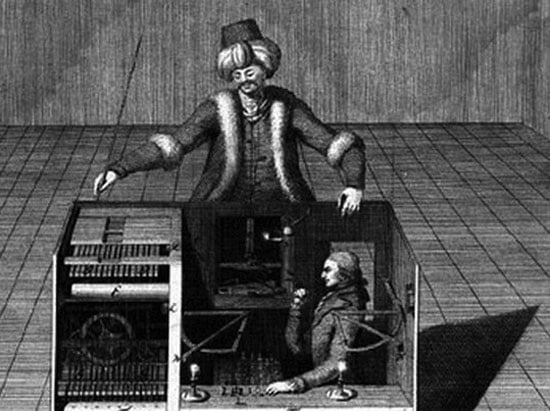
Artificial intelligence is supposedly making leaps and is expected to be one of the key technological directions of the fourth industrial revolution. It is also assumed that it will mechanize many tasks and eliminate just as many jobs. For the time being, however, it seems to be having a few little issues, sometimes even when performing the simplest of tasks. One company was selling services that convert voice messages into text, using (supposedly) artificial intelligence. Yet it turned out that what it actually did was hire call-center employees to do—obviously at low cost—the text conversion work. Others were selling scheduling and task-planning services using (supposedly) chatbots. Until it was revealed that the voices behind the chatbots were real people working 12 hours a day pretending to be chatbots. The job was so exhausting (commonly called “burnout”) that they were begging to be finally replaced by actual chatbots. And yet another company was using (supposedly) smart-scanning technology to read and process printed receipts. But it turned out it was using Amazon’s Mechanical Turk, a crowdsourcing platform (crowdsourcing is the execution of a low-skill but high-volume task by fragmenting it into pieces, each handled by a person, either voluntarily or for pay) from which it hired low-wage workers to read and digitize the receipts.
History seems to repeat itself. Benjamin’s old, good “Turk” was (allegedly) an 18th-century automaton that could play chess. It was so skilled that it had even defeated professional players. Eventually it was revealed that its victories were indeed due to brilliant construction, although the brilliance lay in crafting a space that was hard to detect and just large enough to hold a human (a real chess champion) who watched the game and moved the Turk’s hands. Yet the Turk had done its job. It had convinced many that even abstract thought could be mechanized; there were already plenty of impressive automatons capable of physical movements. So too, today, it seems the hype around artificial intelligence must be built methodically, even if its actual capabilities still fall short of its promises. The joke (history repeating…) here is that the automaton is not moved by a hidden hunchbacked dwarf chess master but by an obvious and simultaneously invisible puppet master: capitalism in the phase of its extreme mechanization.
